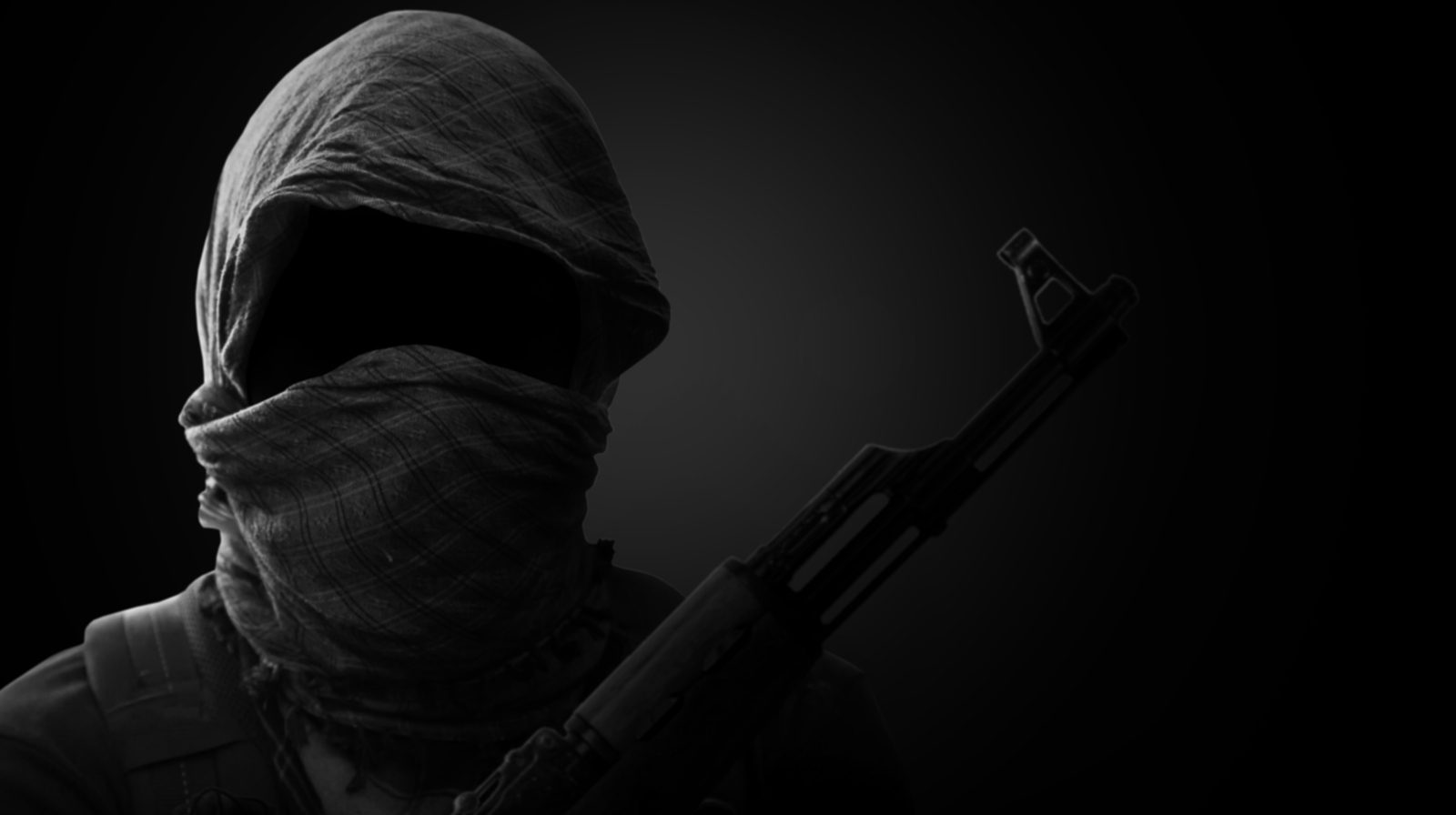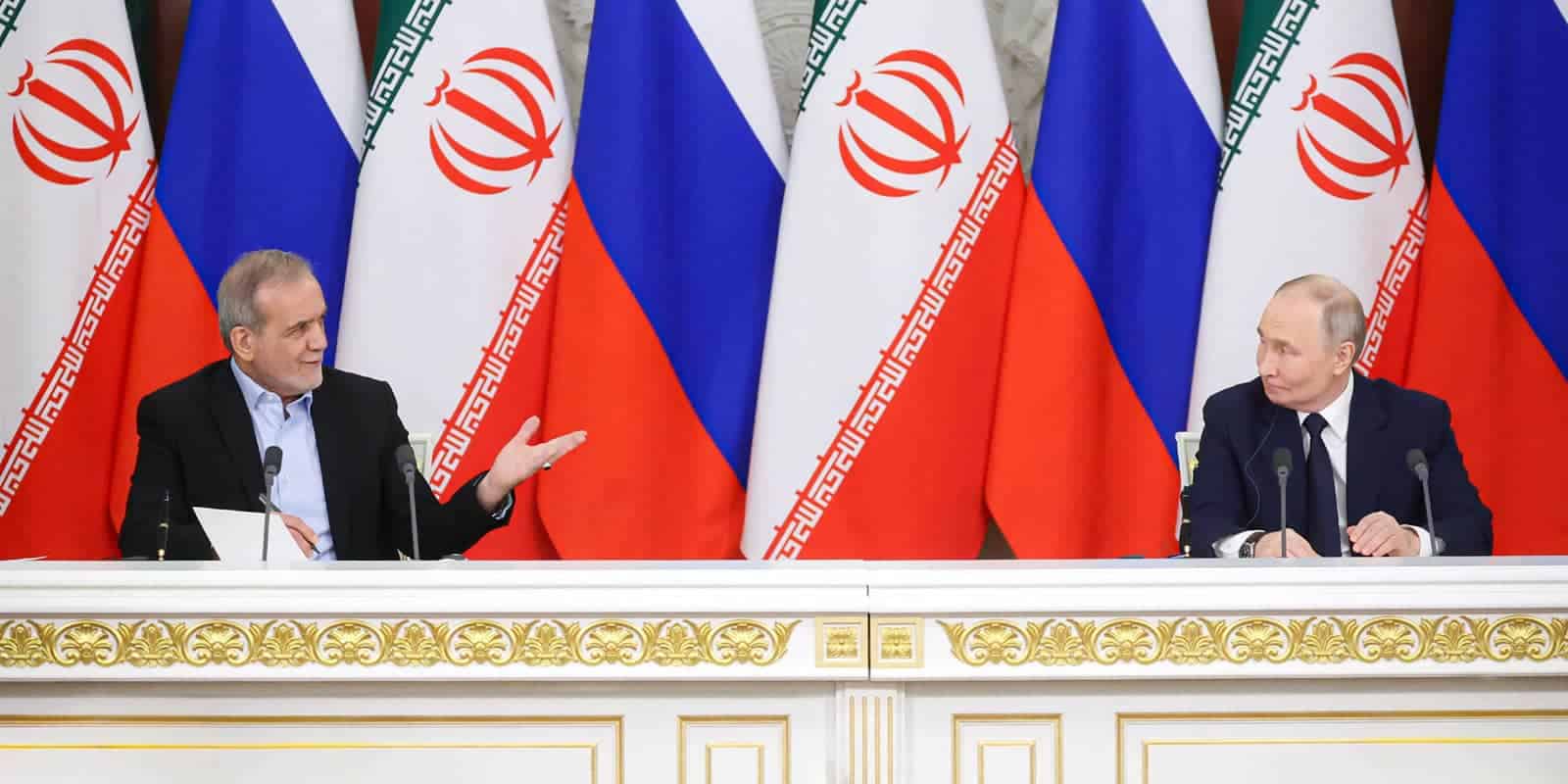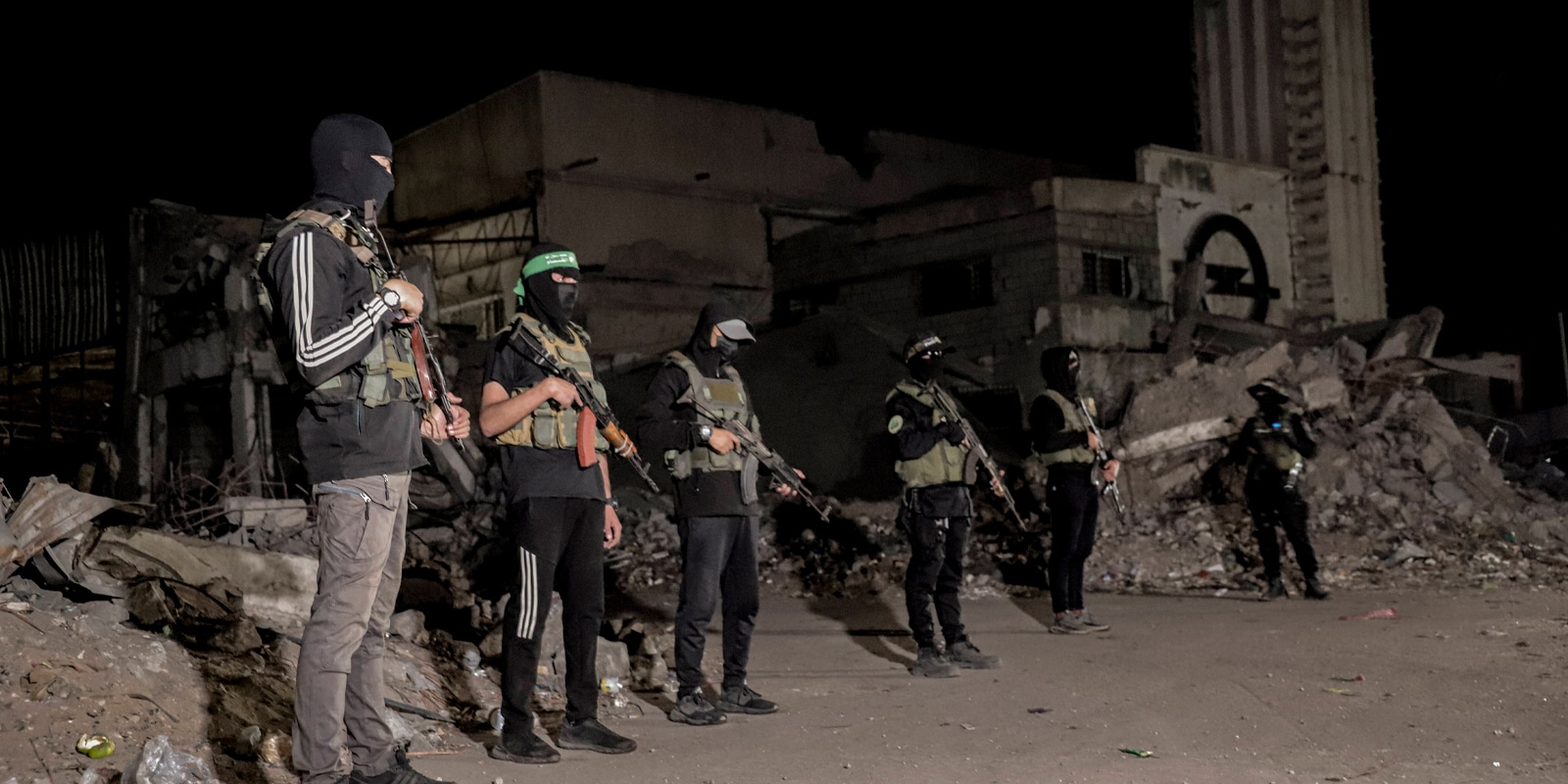The Israel Defense Forces has racked up three recent achievements on the southern front: locating an attack tunnel leading into Israel and blowing it up; striking over a dozen terrorists, including senior Islamic Jihad operatives; and according to an IDF report on Sunday, holding on to bodies of the terrorists who were in the tunnel at the time of the strike. The last coup indicates that the IDF is managing to develop access to tunnels and subterranean activity, which will be a major challenge in future confrontations, both in the south and against Hezbollah in the North.
These achievements have both tactical and strategic significance. From the strategy perspective, Israel is shutting down terrorists’ operative options in the south, which rested on firing rockets and missiles and on the tunnel threat, which they expected to tip the scales in their favor. Terrorist elements in the south have invested their best people as well as endless money and effort in developing two kinds of tunnels: the first one crosses beneath borders, allowing them to smuggle goods in and out of Sinai and move operatives to Israel by surprise.
The second type of tunnel is a complex system that stretches under the Gaza Strip, which was supposed to be the heart of its defenses against an IDF incursion into Gaza. If in fact the IDF has developed the ability to neutralize the tunnels that lead into Israel. It can cut down on a major part of the threat looming from Gaza, and in conjunction with the Iron Dome missile defense system, which has already proven itself, the capabilities of Hamas and the rest of the terrorist organization in Gaza to attack Israel is reduced amazingly. This is of the greatest importance, because when Israel increases its abilities to execute precision strikes and destroy terrorist infrastructure while the other side loses its ability to cause harm, the balance between the two sides changes, and those in Gaza will think twice, at least, whether it is worth their while to renew the fighting.
Tactically, Israel is holding a trump card for negotiations on returning the bodies of the fallen IDF soldiers killed in Operation Protective Edge that Hamas is still holding. Obviously, it makes no sense to return the bodies of the terrorists killed in the tunnel strike without Hamas giving us something in exchange. Any other decision goes against common sense, and should not be made. The government must take a clear, uncompromising line on this issue, but we should calm things down. We shouldn’t wonder if Hamas is willing to forgo the bodies Israel is holding to keep the bereaved families in Israel who are battling uncertainty from receiving any information, let alone what the terrorist group is holding, if it is holding anything. So the tunnel strike is an important tactical advance, but it’s not certain that it can be used against an enemy who doesn’t even care about its own bereaved families.
Published in Israel Hayom, October 6, 2017
Photo: Bigstock
JISS Policy Papers are published through the generosity of the Greg Rosshandler Family.















The Palestinian Narrative Must Change